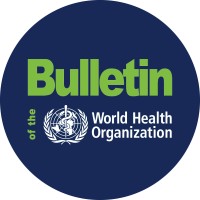Description
Mattermost versions 11.0.x <= 11.0.2, 10.12.x <= 10.12.1, 10.11.x <= 10.11.4, 10.5.x <= 10.5.12 fail to to verify that the token used during the code exchange originates from the same authentication flow, which allows an authenticated user to perform account takeover via a specially crafted email address used when switching authentication methods and sending a request to the /users/login/sso/code-exchange endpoint. The vulnerability requires ExperimentalEnableAuthenticationTransfer to be enabled (default: enabled) and RequireEmailVerification to be disabled (default: disabled).
Risk Information
cvss3
Base: 9.9
Severity: LOW
CVSS:3.1/AV:N/AC:L/PR:L/UI:N/S:C/C:H/I:H/A:H







